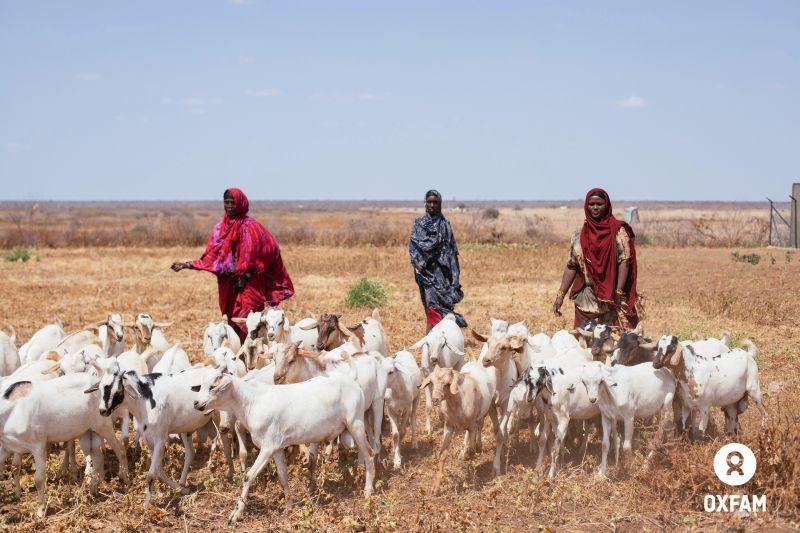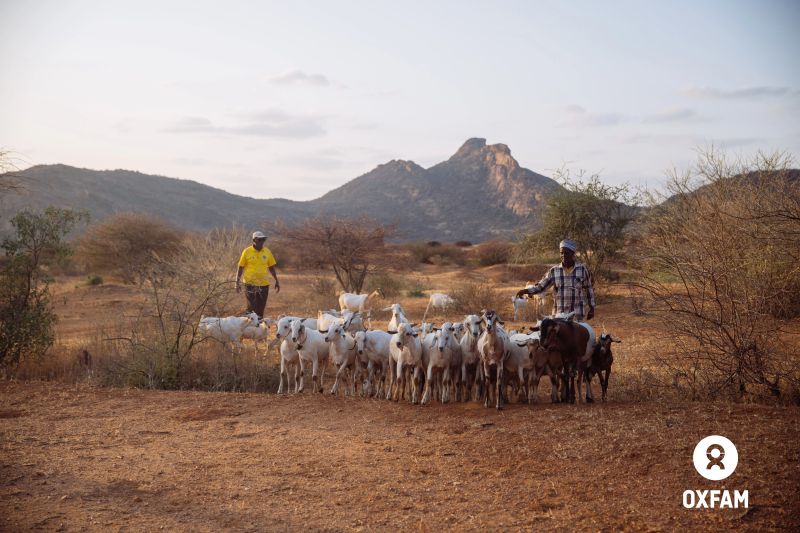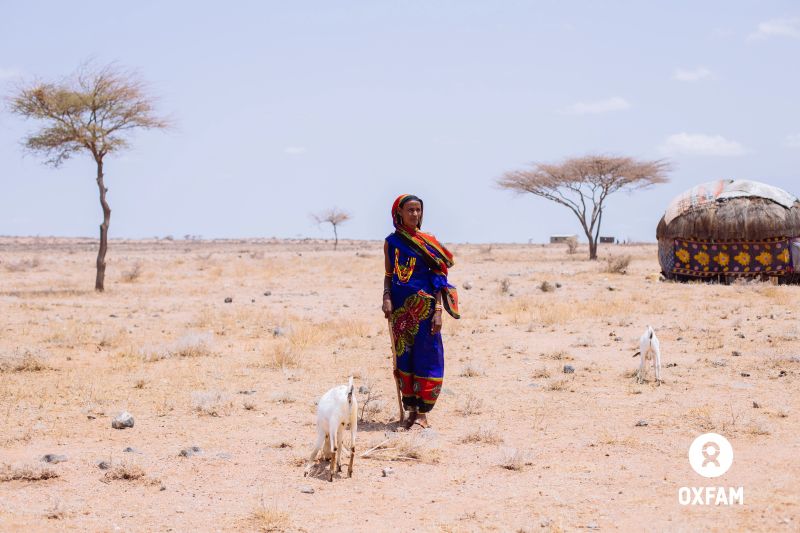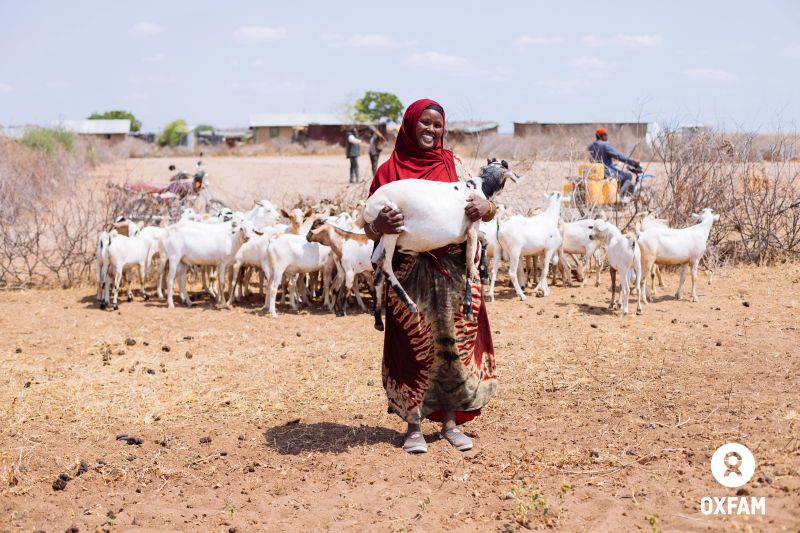Pastoralist groups in Marsabit County are adopting a new livestock model that is transforming their livelihoods and reducing the risks associated with recurring droughts in northern Kenya.
Supported by the Australian Humanitarian Partnership and SNDAfrica through Oxfam Kenya, the initiative provides seed capital to local groups to fatten goats for resale, a less risky and more profitable alternative to traditional herding.

Two community groups, Mifugo ni Mali in Rawana and the Turbi Disabled Group in Turbi, each received KSh 500,000 in seed capital to launch their ventures.
Members use the funds to purchase goats, fatten them for a short period, and then sell them at a higher value.
The model has significantly boosted household incomes while safeguarding communities from devastating losses during drought cycles, which often wipe out entire herds.
This approach is gaining traction as it complements traditional pastoralism in the arid and semi-arid lands (ASALs), where climate change has made livestock keeping increasingly precarious.

By adopting goat fattening, families not only diversify income streams but also build resilience against both drought and flooding, two recurrent threats in the region.
According to Oxfam Kenya and its partners, the project is demonstrating strong potential for scalability, providing a lifeline to many communities whose livelihoods are almost entirely dependent on livestock.
Early successes in Rawana and Turbi are already inspiring interest among other pastoralist groups seeking sustainable ways to adapt to climate shocks.
By blending innovation with tradition, the goat-fattening model demonstrates how simple, market-driven solutions can help communities thrive despite harsh environmental realities.

For ASAL regions, which have long been vulnerable to drought, it marks a turning point toward resilience and economic security.

